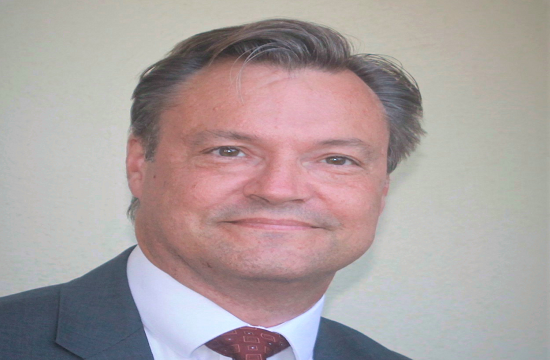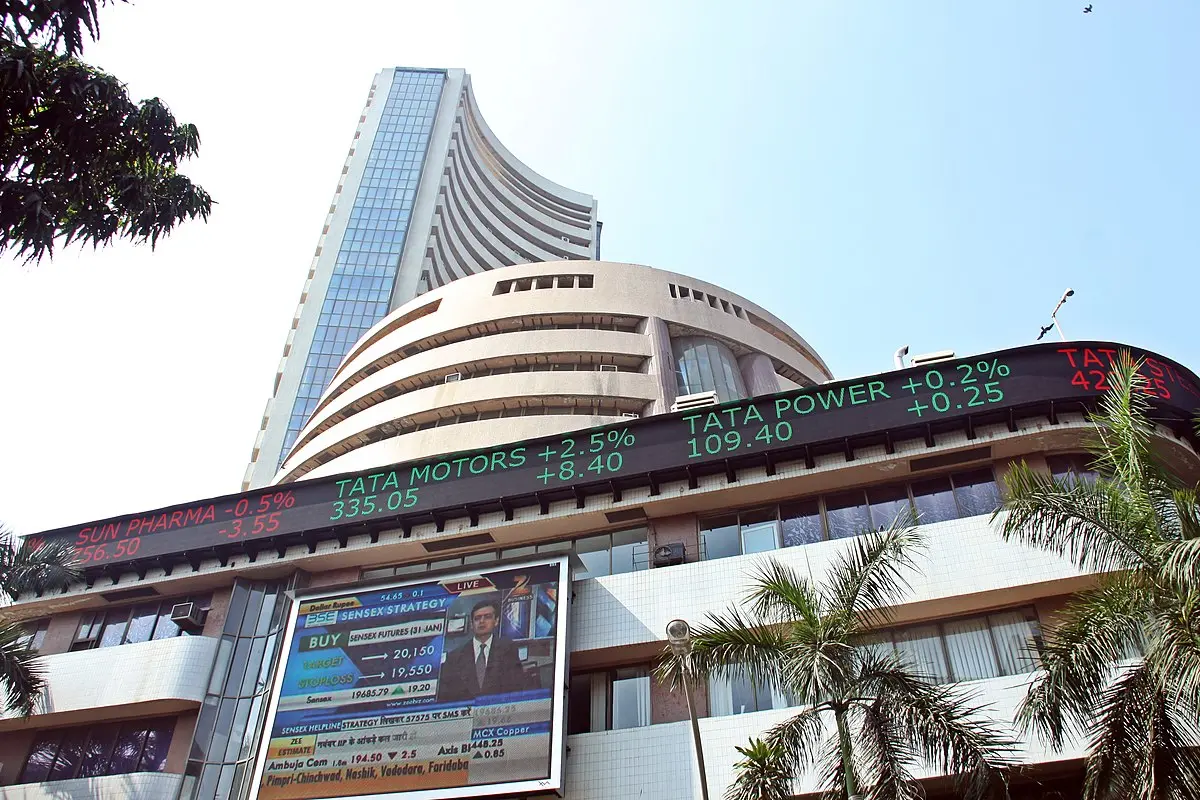Euroclear CEO optimistic about Sweden's harmonisation journey
12th January, 2021|Perle Battistella

Roger Storm, CEO of Euroclear Sweden discusses the efforts across Europe to reach a CMU
Euroclear Sweden's recently appointed CEO, Roger Storm, is optimistic about the country's harmonisation journey as new regulations come into force across the Bloc, fortifying the role and objectives of working groups.
Speaking to Global Investor, Storm says: "One of the reasons I took the job is because Sweden has restarted its work of harmonising and aligning its securities market processes with that of the rest of the EU. This follows in the foot-steps of the long-standing work done by the Giovannini Group, the European Post-Trade Forum (EPTF), Corporate Actions Joint Working Group (CAJWG) and the Advisory Group on Market Infrastructures for Securities and Collateral (AMI-SeCo).
"Now we have new securities market regulations in place, such as Central Securities Depositories Regulation (CSDR), European Market Infrastructure Regulation (EMIR) and the Markets in Financial Instruments Directive (MiFID II), and the Commission’s push for a single Capital Markets Union (CMU) and a more digitally savvy financial services market, which supports this further harmonisation and induces Swedish actors to revisit processes and standards used here."
The Giovannini Group, was established in 1996 to provide advice to the European Commission on issues pertaining to the integration of financial markets across the EU and began working on clearing and settlement arrangements in 2001. Its first report was generated in the same year and found that fragmentation in the EU clearing and settlement space increases complications in post-trade processes of cross-border securities transactions compared to domestic transactions and that it could be improved through market-led convergence in technical requirements and practices. Another paper closely followed in 2003 which provided recommendations to overcome barriers as EU clearing and settlement could not be improved with different regulatory, fiscal and legal requirements.
The EPTF was established thereafter in 2016 by the European Commission, in light of its CMU project. Its goal was to support the Commission in reviewing post-trade functions to promote efficiency and resiliency. It revisited the Giovannini Barriers in 2017 and redefined its own set of barriers called the EPTF Barriers. Improvements have been made by the Bloc since the reports were published with regulatory acronyms such as MiFID II, CSDR, EMIR and SFTR. However, regulatory delays and a continued lack of harmonisation 20 years on from the Giovannini Barriers means that there is still more that could be done.
"The harmonisation of the post-trade side of securities markets is part of the long list of things that still needs addressing. It is partly on the CSDs to help and guide this effort, but a lot of stakeholders need to invest as well, including the authorities. There are many stakeholders involved in securities transactions, and to get everyone aligned and coordinated is a big challenge, but necessary," adds Storm.
The Covid-19 pandemic threw a spanner in the works across financial markets and acted as a catalyst to demonstrate an evident need to digitalise and automate. "The thing we realised immediately with the pandemic was the need for digitalisation. Such projects have accelerated, and that is something that will continue after the pandemic. The pandemic has also changed the need for refinancing because of multifaced business disruptions. In areas where we had not already automated and digitalised, it became clear we should digitalise and automate. I think that is another trend going forward," says Storm.
In the midst of the health and economic crisis, the Swedish CSD deployed a digital service for shareholders to digitally cast their votes prior to general meetings. The solution coincided with Swedish law that came into force in April to give temporary exceptions on general meetings. The CEO has more plans in mind for this year. "We have a couple of exciting projects in the pipeline on the participant and investor side. These projects combined with the increased economic activity we are seeing means we will have more issuance, more accounts, more movement across these accounts and more corporate actions. Serving issuers is a key part of our strategy. We have several initiatives on our roadmap to modernise our range of issuer services. The first of these will launch already in the first half of 2021, providing a next generation shareholder information analytics tool for the issuer community."
Storm adds that he expects this year to be more volatile. Perhaps not as fluctuant as volumes in 2020, but more in comparison to historical averages. The implication of higher trading volumes means more activity for the CSD. Similar to firms across the world, Storm has no plans on bringing his workforce back to the office. “We have not set a definitive date for staff to return to the office because of the fluidity of the pandemic situation. As a company, our primary concern is the safety of our employees,” concludes Storm.


